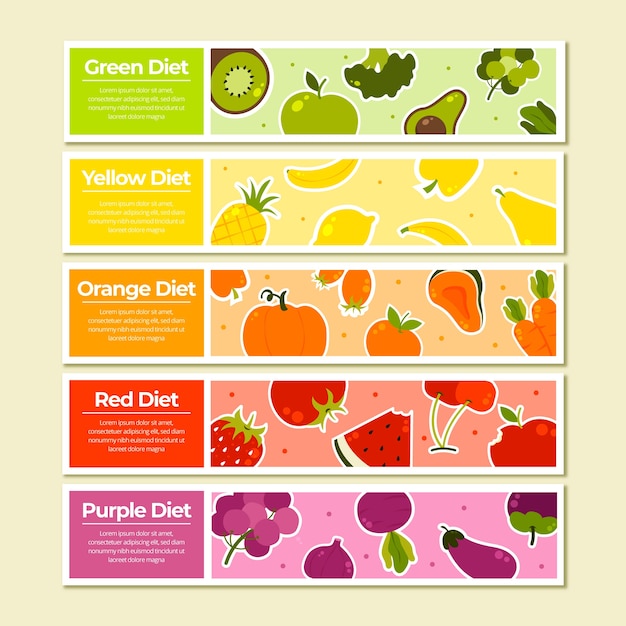Squash Nutrition Facts – What You Need to Know

Squash is a nutritional powerhouse packed with essential vitamins and minerals.
Did you know that squash is low in calories but high in dietary fiber?
Squash is a great source of energy, thanks to its healthy carbohydrate content.
Incorporating squash into your diet can help support healthy digestion.
Squash is rich in antioxidants, which can protect your body against harmful free radicals.
One serving of squash provides a significant amount of your daily recommended intake of vitamin C.
Squash contains vitamin A, which is essential for maintaining healthy skin and vision.
Squash is a natural source of potassium, an important mineral for heart health.
By eating squash, you can boost your immune system and protect against common illnesses.
Squash is a versatile vegetable that can be used in a variety of delicious recipes.
Adding squash to your meals can help you feel fuller for longer, aiding in weight management goals.
Squash is a hydrating food, perfect to include in your summer diet.
Did you know that squash is available in a variety of colors, each offering unique nutritional benefits?
Squash contains phytochemicals that have been linked to reducing the risk of chronic diseases.
Swap out ordinary pasta for spaghetti squash to reduce carbs and increase nutrient density.
Squash is an excellent source of folate, which is essential for cell growth and development.
Squash Nutrition Facts – What You Need to Know part 2
Including squash in your diet can help regulate blood sugar levels, making it a great choice for diabetics.
Squash is naturally low in sodium, making it a heart-healthy food option.
Did you know that squash seeds are edible and packed with protein?
Squash is a natural mood booster, thanks to its high content of B vitamins.
Consuming squash can help maintain healthy cholesterol levels, reducing the risk of heart disease.
Squash contains essential minerals like magnesium and manganese, which are vital for optimal health.
Squash is an excellent source of plant-based omega-3 fatty acids, important for brain health.
Try baking or roasting squash for a delicious and nutritious side dish.
Squash can be spiralized and used as a substitute for noodles in many recipes.
Squash contains unique compounds that have been shown to have anti-inflammatory effects.
Swap out fries for baked or grilled squash to increase your nutrient intake while satisfying your cravings.
Squash is a gluten-free and paleo-friendly vegetable, making it suitable for various dietary needs.
Include squash in your post-workout meals to replenish electrolytes and promote muscle recovery.
Squash is a versatile ingredient that can be used in both savory and sweet dishes.
Incorporating squash into your diet can help support healthy hair and nail growth.
Squash is a natural diuretic, helping to flush out toxins from the body.
Try stuffing squash with a variety of fillings for a delicious and nutritious meal option.
Squash is an excellent source of iron, which is necessary for optimal oxygen transport in the body.
Including squash in your meals can help improve eye health and reduce the risk of age-related macular degeneration.
Squash contains essential minerals like zinc and copper, which play a crucial role in immune function.
Make a refreshing smoothie using squash as a base for a nutrient-packed morning boost.
Squash is an excellent source of dietary magnesium, important for maintaining healthy bone density.
Did you know that squash contains natural compounds that can help reduce inflammation in the body?
Add roasted squash to your salads for a burst of color, flavor, and nutrition.
Squash is a filling and satisfying vegetable, perfect for weight management and portion control.
Include squash in your child’s diet to support their growth and development.
Squash is an excellent source of vitamin E, a powerful antioxidant for maintaining youthful skin.
Try making homemade squash soup for a comforting and nutritious meal option.
Squash is a versatile vegetable that can be enjoyed year-round, providing a constant source of nutrition.

